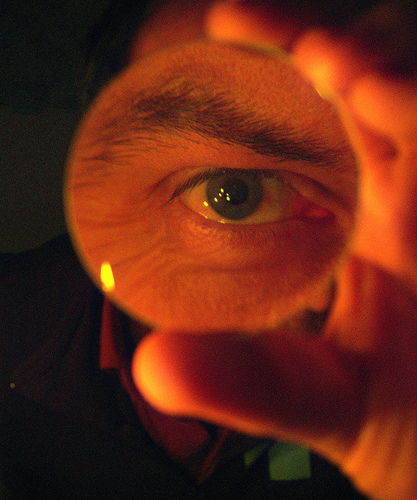
It is not a strange or foreign concept to teenagers these days that much of their social lives are contained behind the slick screen of a computer monitor, within the digitized labyrinth of the Internet. Just as the previous generation grew up along with the television and saw its advances, becoming ingrained with the medium in all ways possible, so the current one has developed alongside the World Wide Web, allowing them access to a myriad of topics and issues previously taboo or unreachable to their parents.
This is definitely not a bad thing. In fact, by far, according to a number of studies and findings, young people are far more capable, more mature and smarter than their parents were at the same age. Yes, exposure to all of the things available online, ranging from the intellectual to the pornographic, may take away the shock and inhibition carried by certain issues, but is that necessarily negative? The surplus of information available has done far more good than bad, and in a culture saturated with adults wanting to feel like they are still the guardians of innocence and the gatekeepers of this digital world, this is a fact fairly often glossed over. Emphasis is instead placed on the darker side ofthe internet, which most children are saavy enough to avoid anyway, and which there are a number of safeguards already in place to prevent extended access to.
Advertising, as in all things, has found its niche within the internet, though it is not yet utilizing the medium to anywhere near its full affect. The most effective use so far has been viral marketing, the distribution of videos or pictures carried along by word-of-mouth, spreading like a virus through whole populations and costing little to no money at all. Many online businesses have made the mistake of applying spam to social networking sites, making profiles for themselves and sending spammed messages to all of their "friends", though how this helps sales in any way is beyond me, as all it seems is incredibly annoying.
The practice of storing information of a person's browsing history or regular times online has always been a pretty shaky area, laden with a number of moral dilemmas and legal issues. In Europe this presents much more of a problem, where legal restrictions are in place to protect privacy that put America's to shame. In my opinion, they have the right idea. This information is personal and can be highly sensitive. The last thing I want is some marketing firm getting its hands on it, combining it into statistics and selling it off to the highest bidder who just wants to sell me some porn or maybe a new brand of soft drink. No thank you. Also, the whole thing where facebook and myspace apparently assesses your interests and provides banner ads in accordance to your preferences is just... pretentious, I guess. Yes, sometimes it can make for a more pleasant experience where the advertisements are at least familiar or suitable, but I've seen some downright strange advertisements on my pages that have absolutely nothing to do with anything I put on that profile.
So yeah, we're a long way from finding a way for advertising to be effective or appealing online (aside from viral, as I said before, or eCommerce), so for now advertisers are just pouring buckets of money into a very very annoying cycle of ignorance. As for the new generation who apparently is so wrapped up in the Internet and soaking up everything in it like sponges, we're doing a pretty good job of ignoring all of this and making these advertisers who are trying to dupe us all look like a bunch of idiots with way too much time on their hands.

